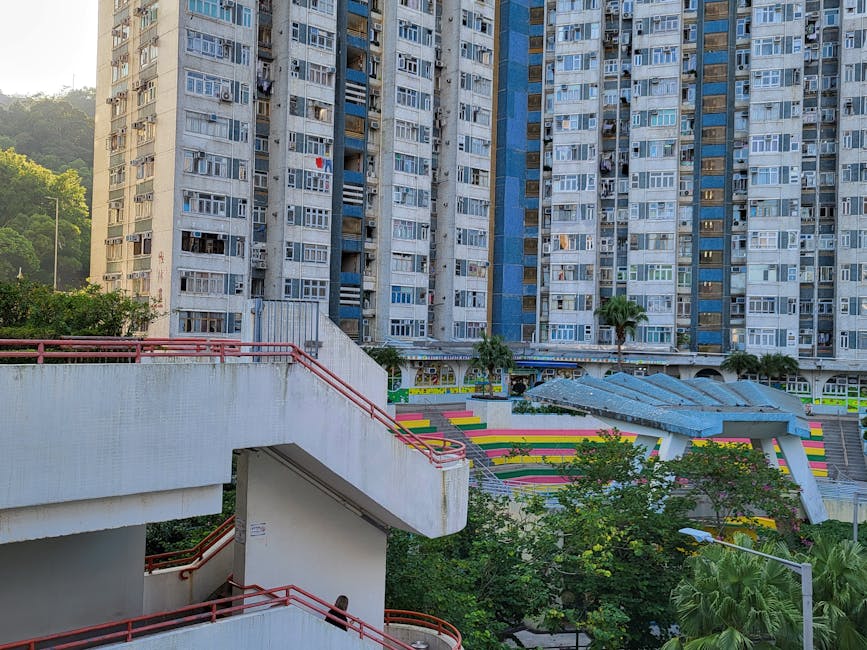
The Pros and Cons of Living in the City
Exploring the Upsides and Downsides of City Living
Living in the city offers a vibrant and dynamic lifestyle, with diverse cultural experiences, employment opportunities, and convenient amenities. However, it also comes with challenges such as high living costs, congestion, and noise pollution. Before deciding whether city living is right for you, it's essential to weigh the pros and cons. Let's delve into the advantages and disadvantages of living in the city to provide you with a comprehensive understanding.
From the bustling streets and eclectic dining scene to the potential drawbacks of crowded spaces and increased expenses, the urban environment presents a mix of appealing aspects and drawbacks. By examining the advantages and disadvantages of city living, you can make an informed decision about whether it aligns with your lifestyle and preferences.
Pros
City living offers a myriad of advantages that cater to diverse preferences and lifestyles. Embracing the urban landscape comes with unique perks that are worth considering. Let's explore some of the compelling advantages of choosing to live in the city.
Missing a pro?
Cons
While city living offers an array of advantages, it also presents challenges that can impact the quality of life for residents. It's crucial to consider these drawbacks when contemplating a move to the urban environment. Let's explore some of the significant disadvantages associated with living in the city.
Missing a con?
Conclusion
In conclusion, living in the city presents a blend of advantages and disadvantages that shape the urban lifestyle. While the city offers diverse cultural experiences, employment opportunities, and convenient amenities, it also entails high living costs, congestion, and environmental challenges. By weighing the pros and cons of city living, individuals can make an informed decision that aligns with their preferences and priorities, ensuring a fulfilling urban living experience.
What do you think?
Do you think the pros outweigh the cons?









